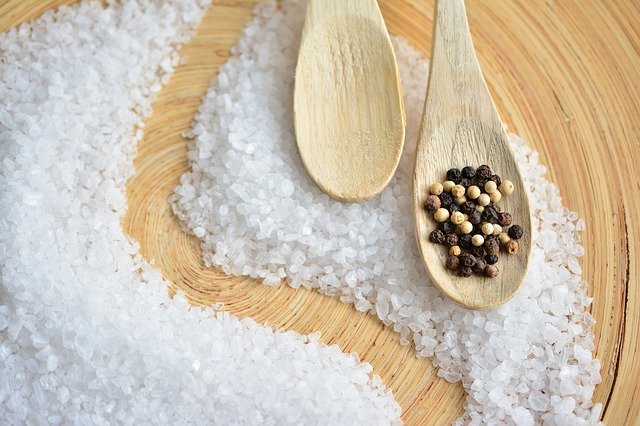
Dietary salt has been taken as a silent killer recently.
When they prepare meals at home, buy food from grocery stores and restaurants, they tend to eat too much salt.
Scientists have found that taking too much diet is very bad for health. One health issue is high blood pressure, which has no signs and symptoms but is a big risk factor of heart disease.
High blood pressure can put an enormous strain on blood vessels and make the body’s organs very weak. This includes kidneys and the heart.
A high-salt diet is also found to be bad for the brain. For example, one study from Cornell University found that the diet can cause dementia in mice.
This is because gut and brain are connected, and high dietary salt can affect cognitive and neurovascular health.
The study also found that mice could develop dementia even their blood pressure did not rise. This is quite surprising because in human studies cognitive impairment caused by salt is always linked to high blood pressure.
Since consuming too much salt is very bad for health, many people try to reduce the dietary salt in their meals.
It is great if everyone can keep salt intake under the recommended level, but too little salt in the daily diet is not very healthy.
Some people use the salt-restricted diet to decrease the blood pressure and reduce heart disease risk, but if they don’t get enough salt, their health can suffer too.
For example, one new study discusses the negative effects of salt restriction in humans. The researches described the signs and symptoms of a low salt intake of 6g/day.
The first symptom of sodium insufficiency is bone health. When you do heavy physical exercise, you sweat a lot.
If your body salt level is too low, you can lose more Ca and Mg in their sweat. This is because sodium intake is very important to the balances of Ca and Mg.
The second symptom is decreased fecal moisture. Fecal moisture is related to the concentration of fecal Na. This decrease may cause constipation.
The third symptom is the decrease in blood pressure. It can be good for people with high blood pressure, and a low-salt diet is quite effective to control the disease.
But for people with normal blood pressure, a salt restriction can lead to low blood pressure or hypotension.
Low salt intake can also cause a decrease in extracellular fluid, i.e. dehydration, and weaker resistance against fever.
The researchers do not recommend low-salt diets to the elderly for maintaining health. Instead, they suggest people take salt as recommended.
Copyright © 2019 Knowridge Science Report. All rights reserved.



